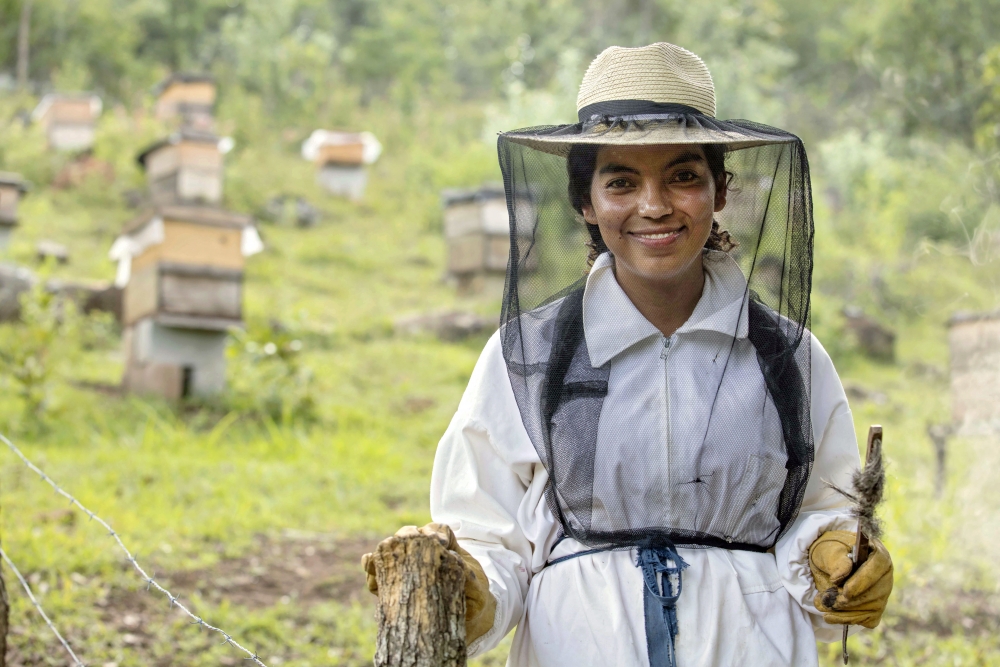Sweden increases its support for the economic empowerment of rural women

In 2014 the Food and Agriculture Organisation of the United Nations (FAO), the International Fund for Agricultural Development (IFAD), the World Food Programme (WFP) and UN Women established the Joint Programme on Accelerating Progress towards the Economic Empowerment of Rural Women (JP RWEE).
A 5 year programme, JP RWEE aims to economically empower rural women by improving food security; nutrition; increasing their access to and control over productive resources, services and income; reducing their workload; and strengthening their participation and leadership in local governance.
In addition, the programme aims to create a policy environment that enabled and supports the economic empowerment of rural women.
JP RWEE is implemented in seven countries: Ethiopia, Guatemala, Kyrgyzstan, Liberia, Nepal, Niger and Rwanda.
Sweden, a key partner and largest donor to the programme, has strengthened its commitment to the economic empowerment of rural woman by committing a further $5 million to the programme through its development agency, Sida.
Azzurra Chiarini, JP RWEE Global Coordinator commented:
“Sweden has shown leadership and commitment to the economic empowerment of women and to enhancing their capacity to eradicate hunger, poverty and discrimination,”
“This is an important building block for sustainable development and for the achievement of Agenda 2030.”
The programme has benefited over 41,000 women to date and 213,000 household members. This has largely been achieved through training on agricultural production, nutrition, income generation, agricultural tools, technologies, and credit to start or expand their activities.
Sweden’s additional contribution will allow the programme to expand and reach more rural women and their families to provide economic empowerment and training.
Mats Åberg, Senior Policy Specialist, Agriculture at Sida added:
“Evidence shows that the integrated approach applied by the JP RWEE is crucial for promoting women’s empowerment in development projects and has a greater impact on poverty reduction, as women tend to reinvest their income in education for their children or healthcare for their families,”
“Sweden is happy to continue supporting a programme that has shown promising results and hopes that these new funds will convince other donors to join the partnership.”
If you’d like to stay informed on the latest updates in aid and development, please sign up for the AIDF newsletter.
Photo: UN Women/Rosendo Quintos
Oralia Ruano Lima was among the first women in her indigenous community to join an all-female entrepreneurship project as a beekeeper. Today the women beekeepers of Urlanta, a village in the south-eastern region of Guatemala, are bringing in sustainable jobs and income to their rural communities, and changing mindsets and attitudes towards women.














